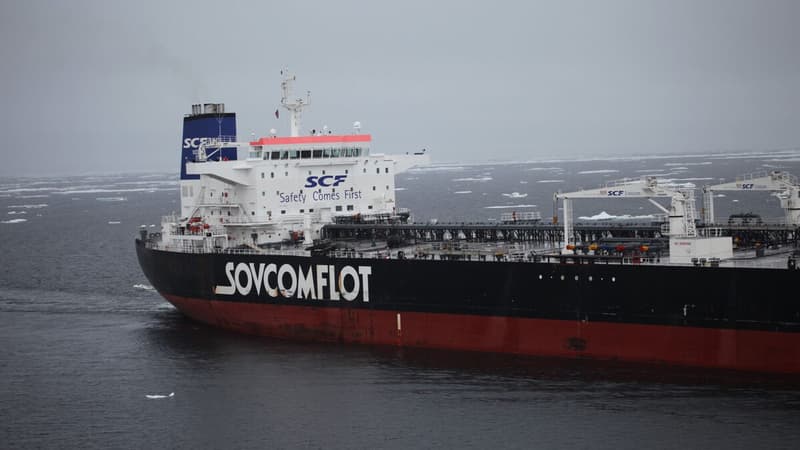G7 finance ministers on Saturday vowed to accelerate the fight against Russia’s evasion of sanctions imposed since the start of its invasion of Ukraine. The group said it was “determined to take additional initiatives in response to violations of the oil price cap,” according to a statement issued after a meeting in Washington.
In December 2022, the G7, the European Union and Australia agreed to pressure buyers of Russian oil not to exceed a maximum price. This mechanism aims to reduce the income that Russia obtains from the sale of hydrocarbons without depleting its exports and running the risk of driving up prices. Some countries import Russian crude oil without complying with the limit, notably China.
On Saturday, G7 finance ministers also said they wanted to take additional steps “to increase the cost to Russia of using ghost fleets to evade sanctions.” These “ghost fleets” are ships whose voyages and cargoes are not officially recorded. Oil tankers sometimes load and unload in the open sea to avoid attracting attention. The United States and the European Union have already sanctioned several of these ships, as well as their owners, in particular the Russian public shipping company Sovcomflot.
A loan of about 50 billion dollars to Ukraine
The G7 also intends to “intensify its efforts to prevent financial institutions from contributing to Russia’s evasion of sanctions,” according to the statement. According to the US Office of Foreign Assets Control (Ofac), Russian financial institutions have developed a network of subsidiaries abroad to facilitate the purchase and sale of goods subject to sanctions.
Saturday’s meeting was attended by G7 central bank governors, as well as officials from the International Monetary Fund (IMF), the World Bank and the Organization for Economic Co-operation and Development (OECD). The G7, which brings together seven countries with some of the most advanced economies in the world, announced on Friday that it had reached an agreement on a loan of around $50 billion to Ukraine. This credit will not be repaid by Ukraine but thanks to the interest generated by the Russian assets seized and frozen since the start of the war, that is, about 3 billion dollars a year.
Source: BFM TV


